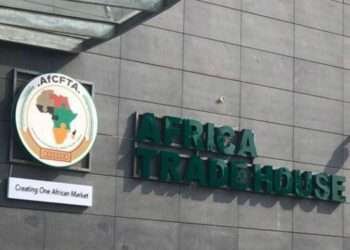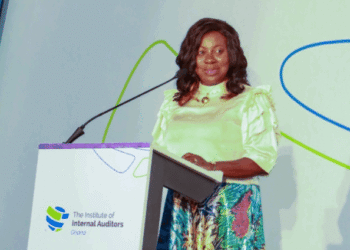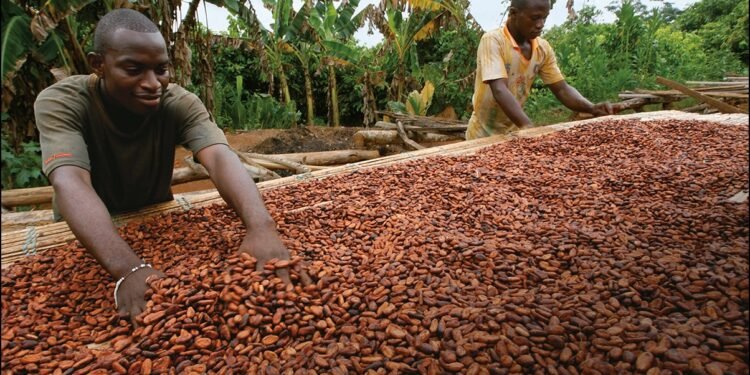The Ministry of Finance has held a meeting with major stakeholders of the country’s industrial sector as a result of the buzz generated by reversal of the benchmark value policy. However, the Ministry of Finance is yet to announce its final decision regarding the implementation of the policy.
The meeting afforded the leadership of the Ghana Union of Traders (GUTA), the Association of Ghana Industries (AGI) and the Importers and Exporters Association, the opportunity to present their grievances and to state their positions on the policy, and how it would affect their operations.
The leadership of the AGI and GUTA, who held opposing views on the policy since its implementation, expressed the hope that the Ministry would “soon come out with its position on the matter to bring finality to the disagreements surrounding the policy.”
The implementation of the reversal of the benchmark values on some 43 imported items has taken effect on Tuesday, January 4, 2022.
The Ghana Revenue Authority (GRA), however, deferred the implementation of the policy for 24 hours to allow importers who got their duty bill before January 4, 2022, to pay and clear their goods.
The policy has since been met with divided opinions over its appropriateness among industry players and stakeholders.
Whereas the AGI supported the reversal of the benchmark value to reduce importation and boost local industries, GUTA and freight forwarders held contrary position, fearing the move would increase charges at the Port and affect prices of imported products.
Benchmark Value To Go On as Proposed
Briefing the media after the meeting with the Finance Minister, Mr Seth Twum Akwaboah, the Chief Executive Officer of AGI, stated that the Association maintained its position that the reversal of the benchmark value should not be suspended, but go on as proposed.
“The Minister listened to the position of all parties. For us at AGI, our position is that, we should support local manufacturing and the local industry.
“If you have an industrialisation agenda, rolling out One District One Factory, and suddenly, you reduce the cost of imports to undermine your own industrialisation efforts, it will not work well.”
Mr Seth Twum Akwaboah
Mr Akwaboah asserted that the stakeholders “did not get a clear conclusion” on the policy at the meeting, adding that the Association is waiting for an official communiqué from the Ministry of Finance.

GUTA Holds Different View
On the other hand, Dr Joseph Obeng, President of GUTA, hinted that the Association appealed to the Finance Minister to suspend the reversal of the benchmark value to cushion traders in the country.
“From all indications, he [Minister] has listened to us and we are waiting for official communication from the Finance Minister.”
Dr Joseph Obeng
Dr Obeng therefore, called on its members to exercise restraint and pay the old duty until the Finance Ministry announces its final position on the policy.
“We are appealing to the Minister to come out as soon as possible, because our people are confused as to the way forward.”
Dr Joseph Obeng
The benchmark value policy was introduced by the Government in 2019 in accordance with the World Custom’s Organisation policy of regular review of valuation database.
Under the policy, certain commodities are benchmarked to the prevailing world prices as a risk management tool, to reflect the true market dynamics of the affected commodities.
Mr Ken Ofori-Atta, the Minister of Finance, announced the reversal of the policy during the 2022 Budget Presentation in Parliament in November, 2021.
The Finance Minister explained that the move would allow the Government to shore up revenue on goods imported into the country.
READ ALSO: UK: Human case of avian flu detected























